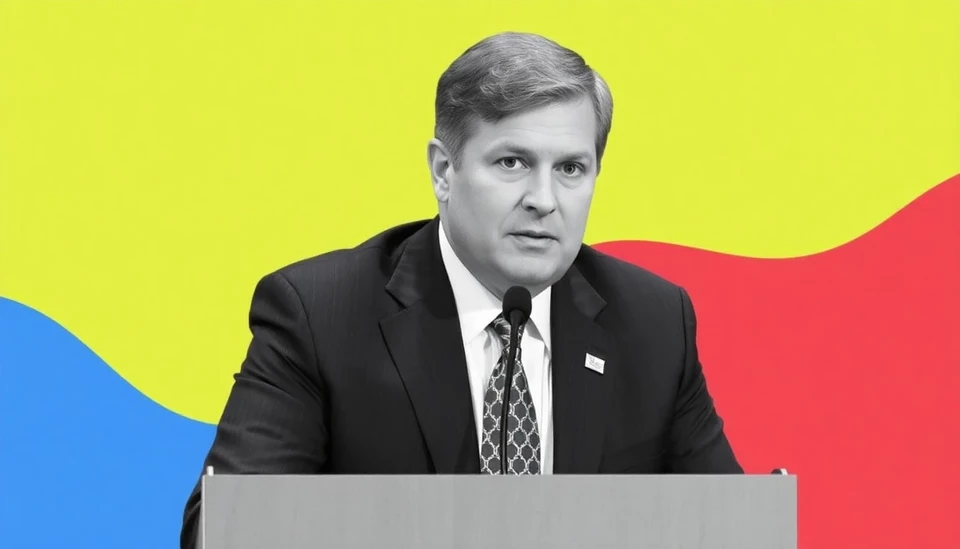
Despite the looming fears surrounding tariffs and fierce competition, many Argentines are expressing a strong desire for a trade agreement with the United States. The economic landscape in Argentina, marked by high inflation and financial instability, is pushing citizens and leaders alike to consider the benefits of a more robust engagement with U.S. markets.
With a looming presidential election in 2023, candidates are increasingly vocal about their foreign policy orientations. Notably, they are urging the government to pursue trade agreements that could revitalize the economy. The concept of a U.S.-Argentina trade relationship is becoming a hot topic among voters who are desperate for economic stability and growth.
One of the central concerns that Argentinian citizens have is the perceived threat from tariffs. Many worry that unfair trade practices from the U.S. could lead to increased prices on imported goods, adversely impacting local businesses. However, proponents argue that improved access to the U.S. market could significantly benefit Argentinian exports, particularly in industries such as agriculture. The potential for increased agricultural exports, including soybeans and beef, presents an optimistic outlook for the nation’s farmers, who have struggled under the burden of local economic challenges.
Moreover, the current Argentine administration is under pressure to strike a balance between protecting local industries and fostering foreign relations that could lead to economic rejuvenation. The administration has been engaging in discussions with U.S. officials, exploring avenues to mitigate apprehensions surrounding tariffs while promoting the country’s export potential.
As the political climate evolves, many citizens have taken to social media to advocate for a trade partnership, highlighting testimonies from local business owners who could thrive under improved trade relations. This grassroots movement reflects a broader sentiment in Argentina, recognizing that a stronger bond with the U.S. could offer critical support during a time of dire economic need.
Against the backdrop of these developments, there is also concern about how such a trade deal would affect the regional balance of power in South America. Countries such as Brazil have expressed their intentions to maintain favorable trade conditions within the region, potentially slowing Argentina's eagerness to enter into non-inclusive agreements with the U.S.
As Argentina navigates these complex dynamics, the push for a U.S. trade deal exemplifies the intersection of domestic pressures and global market opportunities. It presents a pivotal moment for the country where the potential for future prosperity hangs in the balance amid ongoing negotiations and competitive forces.
As the 2023 elections approach, how trade policies will shape the future of Argentina remains to be seen. The upcoming months will be crucial as political leaders take stances on foreign trade to win the favor of voters who are anxious for economic improvement and more significant engagement on the international stage.
In conclusion, the prospect of a trade deal with the United States resonates deeply within Argentine society, revealing both the aspirations for economic reform and the fears of competition. It is a classic battle between the hope for opportunity and the challenges of protecting local industries in an increasingly interconnected world.
#Argentina #USTradeDeal #EconomicGrowth #TradePolicy #Agriculture #Inflation #2023Elections #InternationalRelations #LocalBusiness
Author: Daniel Foster




